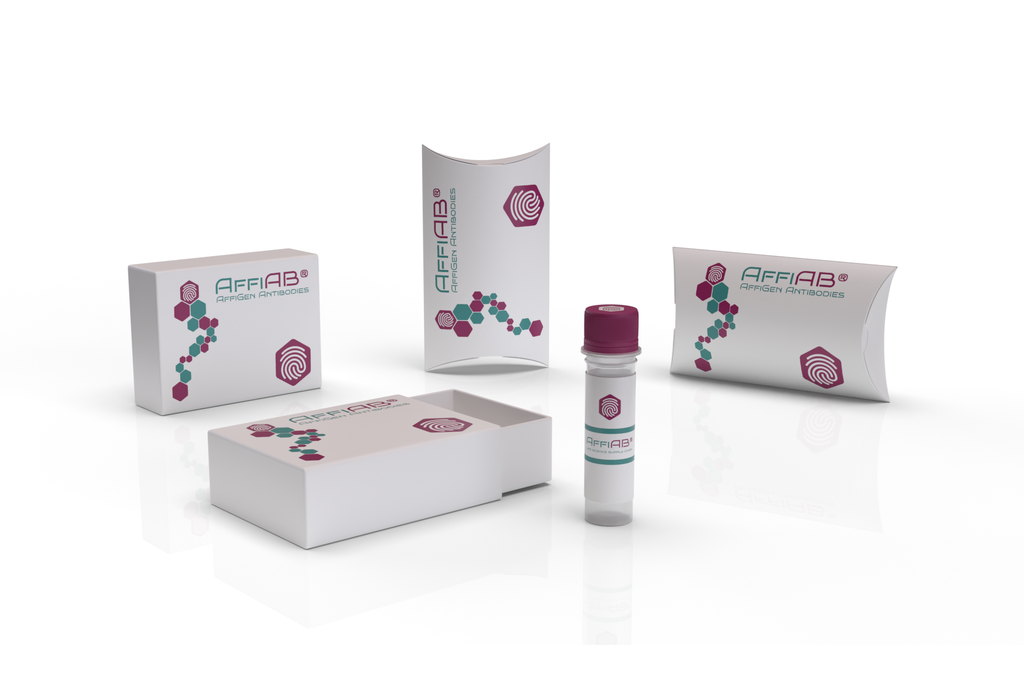AffiAB® Anti-iNOS Antibody
Nitric oxide (NO) has a broad range of biological activities and has been implicated in signaling pathways in phylogenetically diverse species. Nitric oxide synthases (NOSs) , the enzymes responsible for synthesis of NO, contain an N-terminal oxygenase domain and a C-terminal reductase domain. NOS activity requires homodimerization as well as three cosubstrates (L-arginine, NADPH and O2) and five cofactors or prosthetic groups (FAD, FMN, calmodulin, tetrahydrobiopterin and heme) . Several distinct NOS isoforms have been described and been shown to represent the products of three distinct genes. These include two constitutive Ca2+/CaM-dependent forms of NOS, including NOS1 (also designated ncNOS) whose activity was first identified in neurons, and NOS3 (also designated ecNOS) , first identified in endothelial cells. The inducible form of NOS, NOS2 (also designated iNOS) , is Ca2+-independent and is expressed in a broad range of cell types.
Antibody type
Rabbit polyclonal Antibody
Uniprot ID
SwissProt: P35228 Human; SwissProt: P29477 Mouse
Recombinant
NO
Conjugation
Non-conjugated
Host
Rabbit
Isotype
IgG
Clone
N/A
KO/KD
N/A
Species reactivity
Human, Mouse
Tested applications
IF-Cell, IHC-P, FC, WB
Predicted species reactivity
Chicken
Immunogen
Synthetic peptide within human iNOS aa 1, 104-1, 153 / 1, 153.
Storage
Store at +4°C after thawing. Aliquot store at -20°C. Avoid repeated freeze/thaw cycles.
Form
Liquid
Storage buffer
1*PBS (pH7.4) , 0.2% BSA, 50% Glycerol. Preservative: 0.05% Sodium Azide.
Concentration
1 mg/mL.
Purity
Immunogen affinity purified.
Signal pathway
N/A
Recommended dilutions
WB: 1:500; IF-Cell: 1:50-1:200; IHC-P: 1:50-1:200; FC: 1:50-1:100
Molecular Weight
Predicted band size: 131 kDa
Subcellular location
Cytoskeleton, Nucleus, Cytosol.
Positive control
A549 cell lysates, A549, LOVO, human tonsil tissue, human spleen tissue, mouse small intestine tissue.
